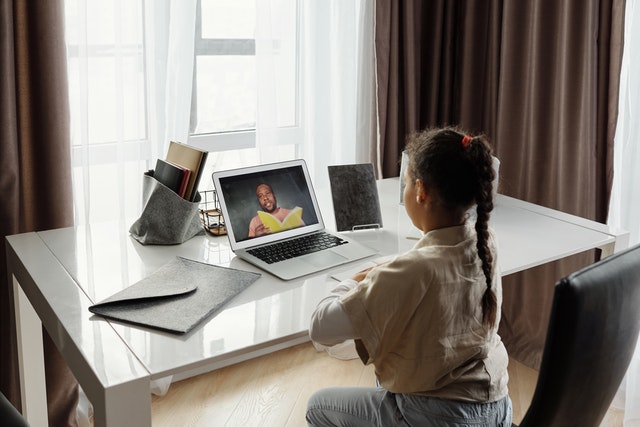“There are many far reaching changes that the world is currently undergoing as responses to the pandemic and there would be long term and even permanent impacts of many of these. Besides the economic, political and social consequences, a major difference between the ongoing pandemic and earlier ones is the exponential expansion and use of the online space. It has resulted in pushing governments, and various multilateral institutions to alter and expedite their modes of functioning. Virtual networks were activated on many levels ranging from government directives, intergovernmental interactions, international mitigation mechanisms to trackers offering information and help,” opines Celebrated Business Strategist and Adviser, Hirav Shah
Virtual Engagement In Different Fields / Businesses
This change of paradigm is here to stay, Says Hirav Shah.
Shah Adds-
In response to the COVID-19 pandemic, the events industry was among the worst hit. Thousands of live concerts, conferences and sporting events were cancelled or delayed indefinitely. Due to uncertainties around social distancing timelines, events stayed cancelled for a long time. Fortunately, digital platforms and live streaming apps has helped these same organizations to re-create the contexts of the events in virtual environments. Now, artists, conference organizers, and sports leagues are taking exceptional steps to accelerate their digital engagement with audiences.
From heading to a music festival online to enjoying a theatre show from the comfort of our living room, virtual experiences are currently delivering entertainment to audiences around the world, allowing people to connect with communities while disconnecting from the current global crisis.
Another impact that the COVID-19 has and continues to have is the fact that it is changing how we work. The concept of working from home is not novel as freelancers and digital nomads around the world have been working remotely and irrespective of their physical locations for more than a decade. The demands of remote working are manifold but in the long run, it holds the potential to contribute to value creation and to what is referred to as stakeholder capitalism.
Business leaders across industries have rapidly shifted their mind-set as a result, emphasizing the need to expand remote collaboration, ensure contactless delivery of services, and reduce physical presence at local banks, offices, and stores. A vast majority of companies are adopting virtual engagement solutions that not only enable modern real-time digital and visual engagement with high efficiency at low cost, but also retain that seamless omnichannel customer experience.
From webinars, virtual classrooms to virtual hackathons by corporates, the change of physical engagement to virtual engagement is here to stay. The trend of virtual engagement in almost all the sectors is booming in 2021 all the more. The virtual space has become a leveller of sorts and as we move forward, it has continued to be more and more intertwined with our lives even though the ongoing rush at the moment may decrease gradually.
Conclusion
A virtual office provides you with business options and space, whereas previously, the options would have involved investing in a long-term, costly commercial lease. By utilizing a virtual office service, your business has options. You can test a market without large overhead costs, scale slowly in a new market without hiring multiple employees and have the flexibility of cancelling a virtual office if unsuccessful. Most virtual office plans are month-to-month and can easily be cancelled.
Crux of the matter is that a virtual engagement strategy has made us really ride through, pertaining to numerous businesses.
Meanwhile, the only secret to ride through any ‘future blows’, that the world might throw at us is Astro-Strategy, Quotes Shah.
And Astro-Strategy only can help you take on future challenges with confidence and certainty, Concludes Hirav Shah.












































